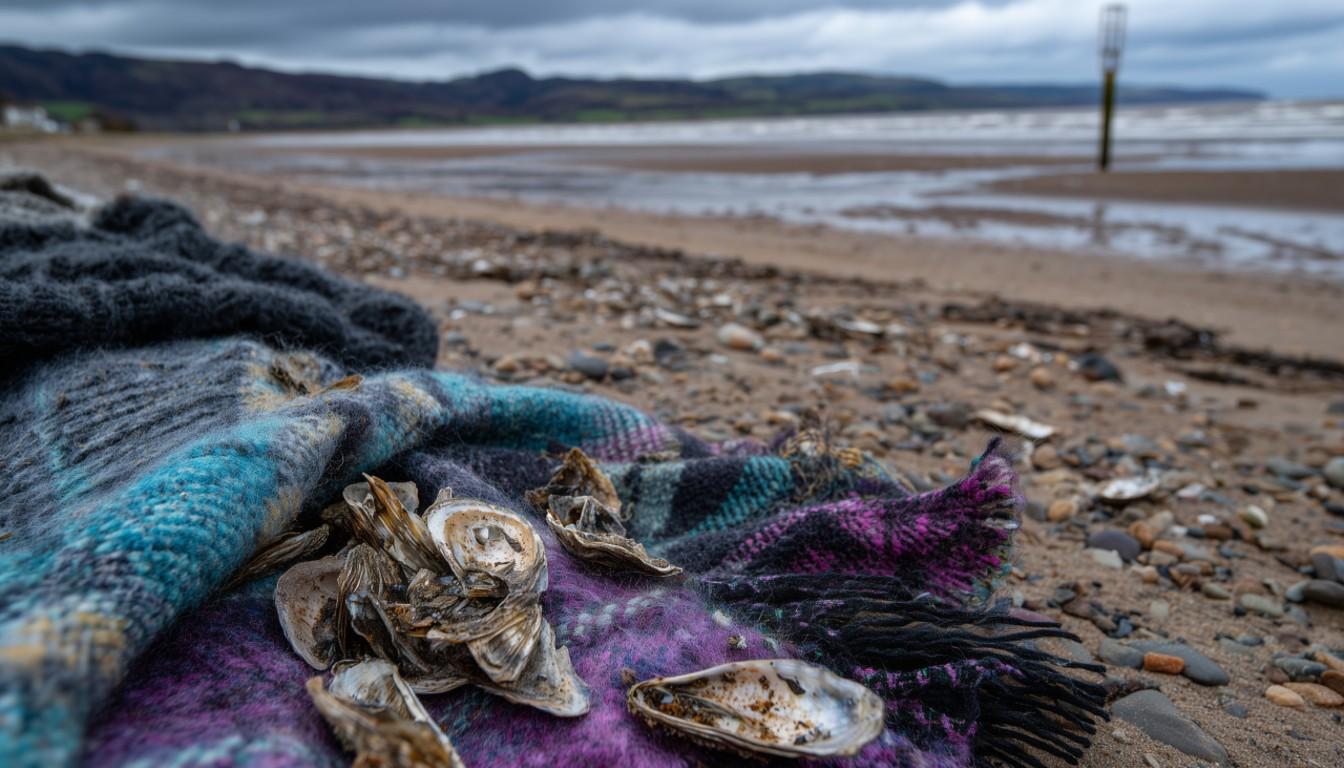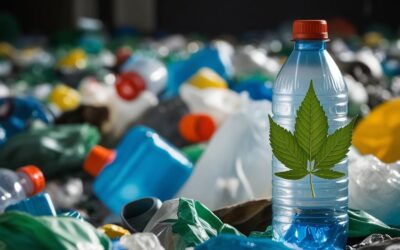Creative Tech Textile launches Seawool, a sustainable fabric made from oyster shells and recycled PET, offering a scalable, eco-friendly alternative to traditional textiles. The move signals a significant shift towards circular economy solutions in fashion, potentially reducing CO₂ emissions by up to 80%.
Creative Tech Textile has introduced Seawool, an innovative fabric crafted from discarded oyster shells and recycled PET plastic. This initiative aligns with global efforts to address the pressing environmental impact of clothing production, particularly as new research highlights the potential of recycled materials in significantly reducing CO₂ emissions, by as much as 80%, according to the World Economic Forum.
The fashion industry is undergoing a transformative shift as it faces increasing demands for sustainability. Currently, the predominant use of polyester, sourced from fossil fuels, comprises a staggering bulk of textile materials, while the Geneva Environment Network reports that less than 1% of fabrics are recycled into new garments. This stark reality has catalysed a growing interest in circular economy solutions like Seawool, which offers a forward-thinking alternative to short-lifecycle, plastic-based textiles.
Seawool, branded as the “Emerald from the Ocean,” is produced by blending ground oyster shells with recycled plastic bottles, creating a textile that champions both functionality and ecological responsibility. The scalability of this operation is noteworthy; with annual revenues reaching approximately TWD$200 million (around US$6.1 million), Seawool has already captured attention on international platforms, such as PanTextiles Tokyo, underscoring its appeal to sustainability-oriented brands.
Eddie Wang, the founder and CEO of Creative Tech Textile, articulated his vision for the initiative, stating, “As consumers grow more conscious of their clothing’s environmental impact, we want them to know sustainable material innovations like Seawool exist and are scalable.” This statement reflects a larger trend where customer awareness increasingly influences industry practices, pushing brands to seek out and adopt environmentally friendly alternatives across their supply chains.
The fabric exhibits remarkable properties that distinguish it from traditional materials. Seawool is not only moisture-wicking and odor-resistant but also offers UV protection. Additionally, its manufacturing process enables it to maintain a low thermal conductivity, ensuring temperature stability. The financial benefits are striking as well, with the cost of Seawool being significantly lower than both down and wool, alongside reduced water usage compared to these conventional materials.
Creative Tech has developed a unique production method that allows for the effective transformation of oyster shells, an abundant yet often discarded byproduct, particularly in regions like the US and China, into a high-quality textile. This innovative approach exemplifies how businesses can repurpose agricultural waste into functional fabrics, aligning with global sustainability goals.




